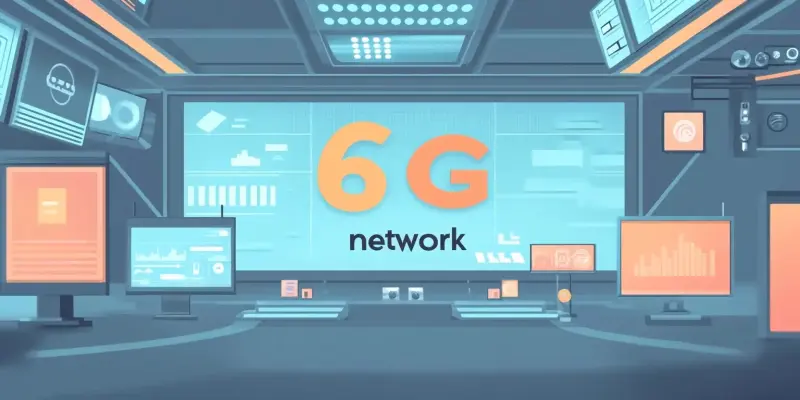The fifth and sixth generations of wireless communication promise unprecedented levels of connectivity, data speeds, and efficiency, but they also bring significant challenges in managing and optimizing these advanced networks. Among the transformative technologies poised to meet these challenges are Artificial Intelligence (AI) and Field-Programmable Gate Arrays (FPGA). The collaboration between MathWorks and Altera exemplifies how merging AI and FPGA technologies can revolutionize 5G and 6G wireless systems, particularly through the use of AI-based autoencoders to compress Channel State Information (CSI) data. This strategic partnership aims to reduce fronthaul traffic and bandwidth requirements while maintaining data integrity, reliability, and performance.
AI-Based Autoencoders and CSI Compression
One of the primary benefits of leveraging AI technologies in advanced wireless systems is the ability to optimize data transmission through AI-based autoencoders. By compressing Channel State Information (CSI) data, AI autoencoders significantly reduce the amount of data that needs to be transmitted between base stations and mobile devices. This efficiency not only alleviates the burden on fronthaul networks but also preserves essential information quality. MathWorks and Altera’s collaboration highlights the importance of integrating their respective tools to streamline the design and deployment of these AI capabilities. The MathWorks Deep Learning HDL Toolbox, in particular, allows engineers to implement deep learning networks on FPGA hardware, providing the flexibility and performance needed for complex wireless communication tasks.
Integration of Deep Learning HDL Toolbox with FPGA AI Suite
The integration of MathWorks’ Deep Learning HDL Toolbox with Altera’s FPGA AI Suite is a groundbreaking advancement in wireless system development. The Deep Learning HDL Toolbox supports a wide range of standard networks and layers critical for enhancing performance in wireless applications. Meanwhile, Altera’s FPGA AI Suite offers custom AI inference accelerators generated using the OpenVINO toolkit and pre-trained models from popular frameworks. This suite simplifies the process of integrating AI inference accelerators into FPGA designs through Quartus Prime Software, making the workflow from algorithm design to hardware implementation more efficient. This seamless integration empowers wireless systems engineers to create high-performance AI applications that are crucial for the evolving 5G and 6G landscape.
Transforming Wireless Communication
The fifth and sixth generations of wireless communication are set to offer unparalleled connectivity, remarkably high data speeds, and exceptional efficiency. However, these advancements also entail considerable challenges in managing and optimizing such sophisticated networks. Key technologies ready to address these challenges include Artificial Intelligence (AI) and Field-Programmable Gate Arrays (FPGA). The collaboration between MathWorks and Altera showcases how integrating AI and FPGA technologies can transform 5G and 6G wireless systems. Specifically, the use of AI-based autoencoders to compress Channel State Information (CSI) data is a pivotal development. This strategic partnership aims to significantly reduce fronthaul traffic and bandwidth demands while ensuring data integrity, reliability, and overall performance. By leveraging AI and FPGAs, next-generation networks can achieve greater efficiency and effectiveness, paving the way for even more advanced wireless communication systems.

